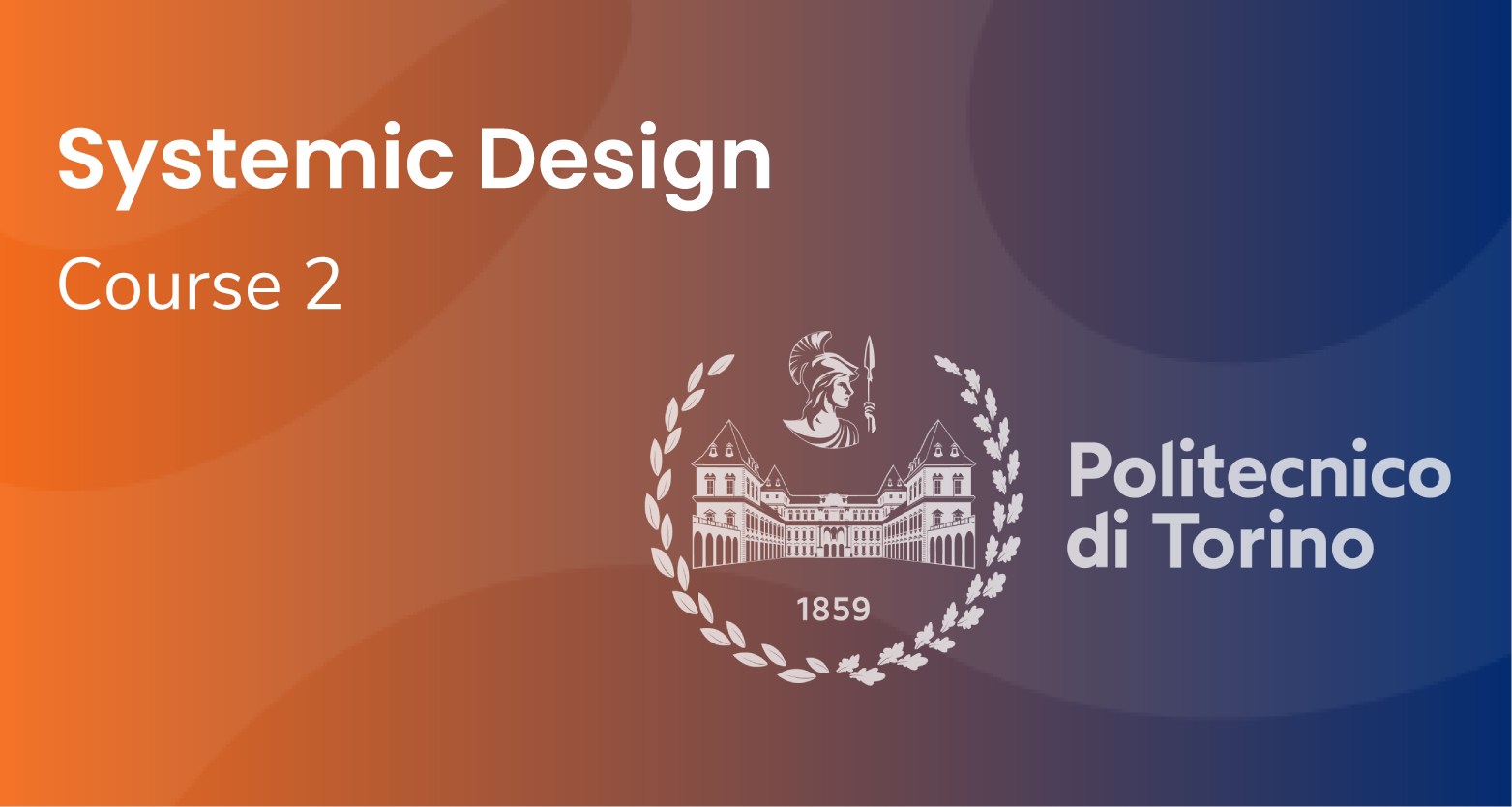
Silvia Barbero
Associate Professor


This course gives both the theoretical and design tools to face complex problems inherent to the environmental, social and economic sustainability of a company and the territory in which it is settled.
The overall goal of the course is to provide learners with the skills to configure a new development model for the manufacturing activities, following the principle that the outputs of a productive chain become the inputs for another one. The new model proposed aims to impact not only on production aspects, but also on the economic and social ones.
The main topics to be covered are related to:
• Complexity’s theories and methods;
• Environmental resources and their vulnerability;
• Technical instruments for a quantitative analysis of outputs and inputs in complex systems: applicability and limits.
The main tools provided are:
• Methodological and design tools to carry out a holistic diagnosis in different contexts and situations;
• Methodological and practical tools to handle the economic, patrimonial and financial aspects in the production and evaluation scheduling;
The module’s main learning objective is to provide students with the elements to face the study of complex productive systems. The course will analyze the interconnections with existing constraints imposed by the different realities of a territory, the technical limits, and the legislative and cultural barriers.
By the end of this module the learners will be able to:
• Explain the methodology of Systemic Design
• Apply the methodology to a specific case study, especially in a SME environment
• Justify the different choices taken for the project
• Design a complex system for a company
• Evaluate the benefits generated by the project at the environmental, social and economic level.
A good understanding of SMEs or the ability to collect very detailed information about them (quality and quantity of inputs and outputs; their origin; the type of processes; …)
It is important to have basic information about management in SMEs and how to do a literature review.
A good way to show the big amount of data required in this module is in a visual way, so some basic information of data visualization is more than welcomed.
Level of teaching: advanced. The objective is to apply the methodology in a specific case study (mainly SMEs), so it is required a high level of knowledge about processes and behaviours of SMEs.
Level of language: English – intermediate. Good comprehension of spoken and written English in order to have a continuous connection between learners and trainers and be able to collect information worldwide.

Associate Professor

PhD Student in Management, Production and Design